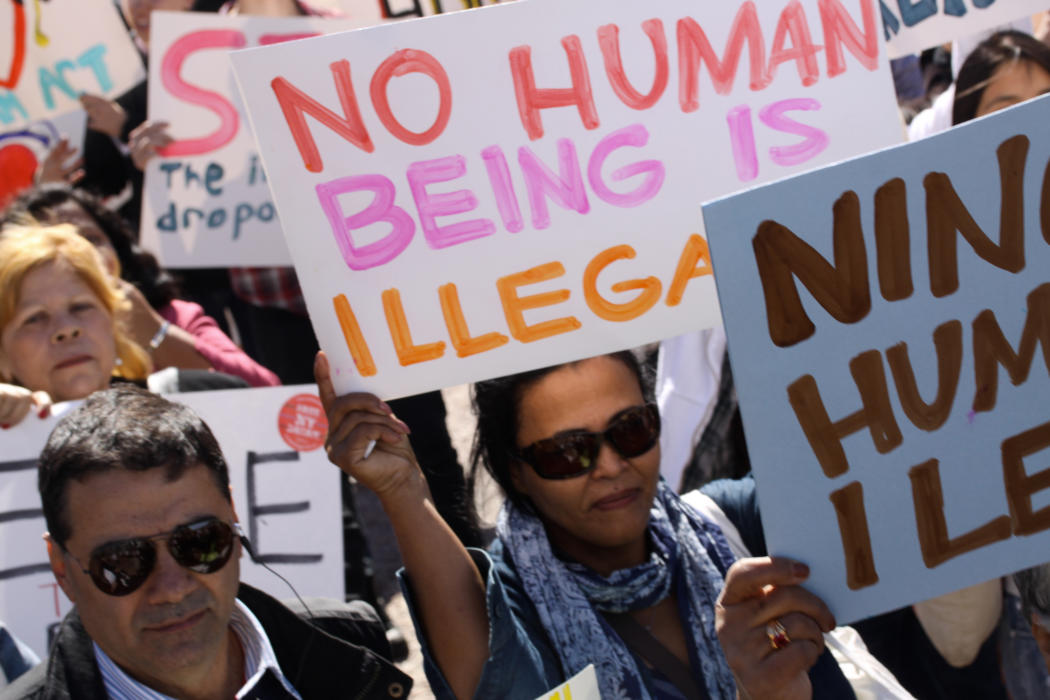Faced with a crisis like the spread of the coronavirus, Trump’s first instinct is isolationism. So he issued travel bans and is now in the process of shutting down our borders. There are arguments that can be made in favor of these actions, but the presence of a pandemic that is already spreading within the United States poses a deeper challenge to the Republican response to immigration.
According to estimates, there are currently 11 to 12 million undocumented immigrants living in the United States. Pew Research reports that about two-thirds of them have lived in this country for more than 10 years. These are the people who live in the shadows of our economy, especially given the current administration’s “deport ’em all” efforts.
Following Mitt Romney’s loss to President Obama in the 2012 election, there was initially some movement among Republicans to address this problem. In the Senate, a bipartisan group developed a plan for comprehensive immigration reform that included not only stronger border enforcement, but also a pathway to citizenship for undocumented immigrants. In the summer of 2013, that plan passed the Senate by a vote of 68-32.
Anti-immigrant fervor had been fanned by the time the bill reached the House and then-Speaker John Boehner refused to even bring it up for a vote. That was followed by Donald Trump basing his entire candidacy on xenophobic lies about immigration.
So we still have 11 to 12 million people living in the shadows. Because of their status, they not only depress wages for the entire country, but have been excluded from accessing health care via Obamacare. During the Democratic presidential debates, candidates were asked whether their plans to expand access to healthcare would include covering undocumented immigrants. When the response was “yes” from some of them, we heard howls about how extreme Democrats had become. But frankly, candidates should have responded by saying that such a question would be moot when comprehensive immigration reform was enacted.
Now we face a pandemic that is spreading all over the country like wildfire. Those who are undocumented don’t have access to healthcare and aren’t likely to come forward to be tested or treated out of fear of deportation. That could thwart efforts in some parts of the country to get this virus under control.
This should be a lesson for all of us about the risks of allowing millions of people to live in the shadows—if not out of concern for them, then at least for ourselves. As Trump ramps up the xenophobia in response to this pandemic, I don’t have much confidence that that will happen. But it’s worth remembering that as recently as seven years ago, there was strong bipartisan agreement on doing something about this issue and Republicans chose fear over prudence.



